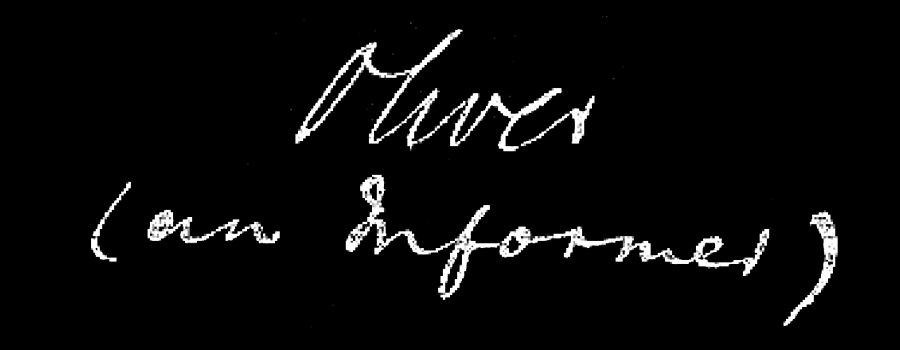ORIGIN OF THE LATE CONSPIRACIES.
Several attempts have been made, both in and out of Parliament, to prove that Mr. Oliver was merely a passive agent in the late conspiracies, forming against Government in the North of England; and that he neither excited the popular discontent, nor gave vitality and organization to the conspiracies.—That this representation of the conduct of the "ministerial agent" is false and deceptive, we have already proved by a host of witnesses. But it is said that these witnesses have all acted under the influence of a disposition to traduce the character of Mr. Leigh Keck’s immaculate builder, and that therefore their evidence is not to be relied upon. This conclusion, we think, does not arise by any means out of the premises. There may, however, be those who are of a different opinion, and to such we beg leave to show, out of the mouth of a Government witness, that Mr. Oliver was the "Great Man;"—that under his directions the delegates, so called, were appointed—that he moved and controlled every thing, and that he was, in a word, "the foreman of the concern."
At the examination held at Wakefield on Monday, the 16th of June, before the Lord-Lieutenant, and a full bench of Magistrates, to inquire into the conduct of the ten prisoners apprehended at Thornhill-Lees on Friday, the 6th ult. on a charge of holding a treasonable meeting, a witness, whose name we are not at liberty to mention, was produced for the Crown, and against the prisoners. This witness, who was represented by the accusers to be of unimpeached character, and free from all suspicion, deposed, amongst other matter:—
"That he had seen Oliver twice. That he, Oliver, was considered by all the parties as the great man to communicate and direct things from London. That as he directed so they acted. that the appointment of the delegates was subject to Mr. Oliver's approval, and that on one occasion he objected to a delegates alleging that he was an improper person, because he thought he would tell tales. Mitchell preceded Oliver introduced him. This deponent was a delegate himself, and was appointed by a person who received his instructions from Mr. Oliver. He believes all the delegates were appointed as he was. The deponent stated, that ten men met at Thornhill Lees; Mr. Oliver was in the lane near the house. He knows that the delegates must have been approved by Oliver; he knows it for a certainty, because Oliver did actually reject one of them. The witness considered Oliver to be the foreman of the concern. This witness, who had turned an informer, was taken to Thornhill Lees to identify the delegates, and it was at his suggestion that Oliver was seized, but he, (Oliver), was almost immediately afterwards set at liberty by a person in authority is, who said—"he must be liberated, he is the Government spy, or agent, or words to that effect."
For the accuracy of this portion of the evidence, we appeal to the Magistrates present at the examination, and we beg again to press upon their consideration the propriety of laying the whole of the depositions taken on that occasion before the public. If our frequent calls for the details of the proceedings at Wakefield, on the 16th inst. and for the long-promised statement of Lord Sidmouth in justification of the system of espionage, has the appearance of pertinacity, we have no other apology to offer for our perseverance, than that which arises out of a deep anxiety for the establishment of truth, and a sincere wish to rescue our countrymen from the stigma which has been cast upon their character, in order to find a pretence for suspending their liberties.

No comments:
Post a Comment